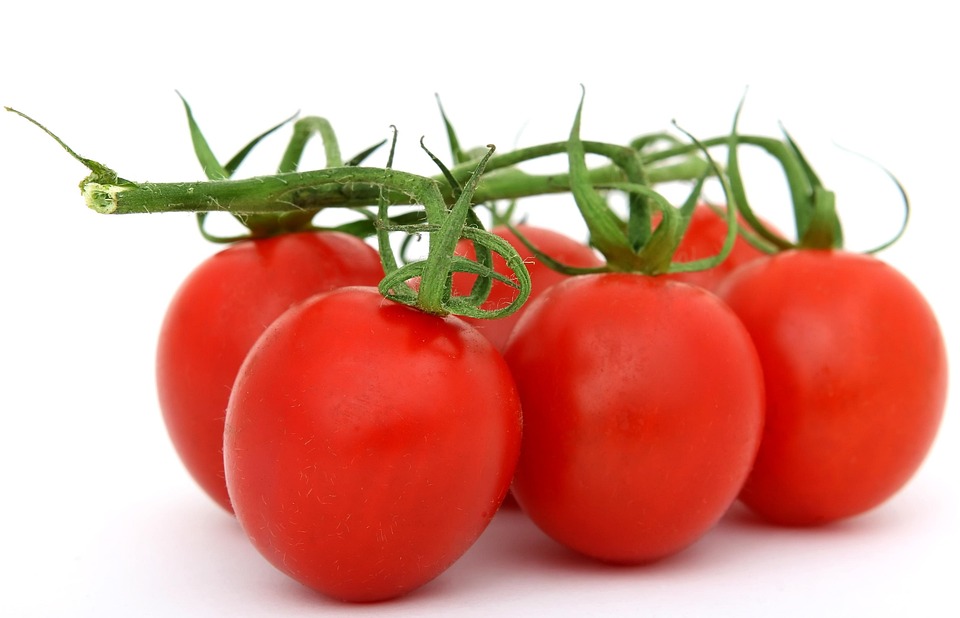Crafting an Impressive Cover Letter for Food Scientist Positions: Essential Tips and Examples
When embarking on a journey to secure a coveted position as a food scientist, the cover letter serves as your first impression—a gateway to your CV. It’s not merely a formality; it’s an opportunity to showcase your passion, skills, and unique experiences that make you the perfect candidate. Here are some pivotal elements to consider as you craft your letter.
Personalisation is Key
Addressing the recipient by name rather than opting for a generic salutation can significantly elevate your cover letter. Research the company and find out who will be reading your application. This small touch demonstrates diligence and genuine interest. Furthermore, tailor your content to reflect the specific values and goals of the organisation, allowing your enthusiasm for their mission to shine through.
- Know the Company: Familiarise yourself with their products, projects, and recent developments.
- Align Your Values: Discuss how your professional philosophy aligns with theirs—be it sustainability, innovation, or quality.
Showcase Relevant Experience
Your cover letter should act as a narrative that highlights your most relevant experiences. Instead of reiterating your CV, delve into specific projects or roles that illustrate your capabilities. Use tangible examples to articulate your contributions and the impact they made.
- Project Highlights: Mention a particular project where you developed a new food product or improved a process.
- Quantifiable Achievements: Whenever possible, include figures or outcomes—e.g., “Successfully reduced production costs by 15% through innovative process improvement.”
Demonstrate Your Passion for Food Science
Employers in the food industry seek candidates who are not just qualified but are also genuinely passionate about their work. This passion should resonate throughout your letter. Share anecdotes that reflect your lifelong interest in food science or a specific moment that solidified your desire to be part of this field.
- Personal Stories: Perhaps a childhood memory of experimenting in the kitchen or a pivotal moment during your studies that inspired you.
- Commitment to Innovation: Express your eagerness to stay at the forefront of trends in food technology, sustainability, and consumer preferences.
Highlight Soft Skills
While technical expertise is crucial, the ability to communicate, collaborate, and adapt is equally vital in the realm of food science. Employers are eager to find candidates who can thrive in a team environment and contribute positively to workplace culture.
- Team Collaboration: Illustrate your experience working in multidisciplinary teams and how it led to successful outcomes.
- Problem-Solving: Provide examples of how you tackled challenges, showcasing your critical thinking and resourcefulness.
Crafting the Finale
As you approach the close of your letter, reinforce your enthusiasm for the role and the company. A succinct summary of your skills combined with a forward-looking statement about your potential contributions can leave a lasting impression.
- Express Gratitude: Thank the reader for considering your application.
- Call to Action: Indicate your desire for an interview, expressing eagerness to discuss how you can contribute to their team.
In the competitive landscape of food science, your cover letter can be the distinguishing factor that sets you apart. By weaving together personal anecdotes, relevant experience, and a demonstration of your passion, you can create a compelling narrative that captures attention and invites further conversation.
As you embark on this journey, remember that CVPortal continually provides a wealth of quality CV references to support your career aspirations.


